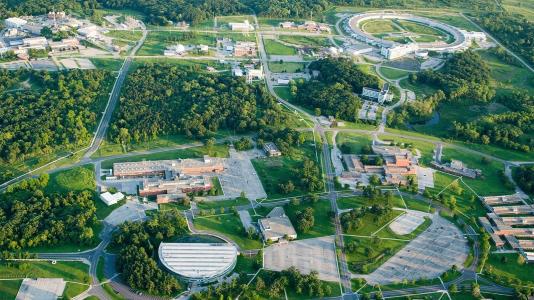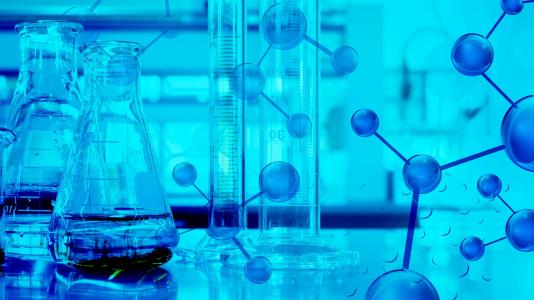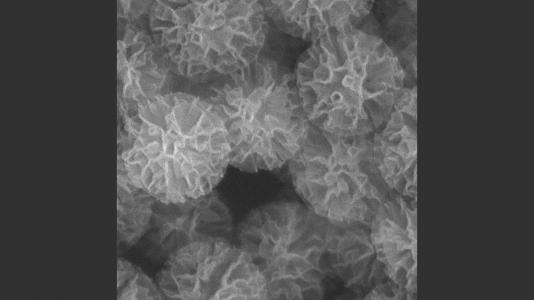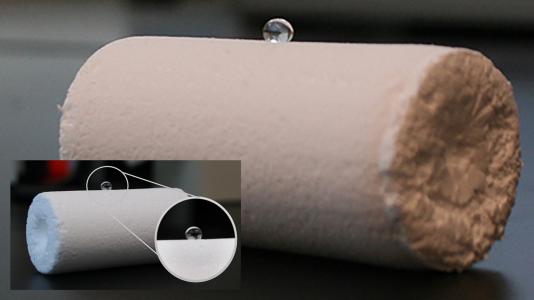
Bioprocess Engineering
Argonne maintains a wide-ranging science and technology portfolio that seeks to address complex challenges in interdisciplinary and innovative ways. Below is a list of all articles, highlights, profiles, projects, and organizations related specifically to bioprocess engineering.
- Highly energy-efficient desalination process developed by researchers at Argonne National LaboratoryIntellectual Property Available to LicenseUS Patents: 8,007,647, 7,977,395 , 7,452,920 , 8,580,096, 9,339,764, 17/137,956 and 17/699,339
- Retention of counterions in the separative bioreactor
Electrodeionization (EDI) technology with simultaneous resin regeneration using electricity presents advantages:
- High energy efficiency of separations
- Direct use of electric energy for separations
- Combined ion-exchange and membrane separation
- Operates at ambient temperatures and pressures
Drawbacks of traditional EDI include costly and complex and inconsistent results, which currently keep EDI limited commercial applications for ultrapure water (semiconductors, pharma).
Argonne developed Resin Wafer to incorporate loose ion exchange resin beads used in traditional EDI, achieving:
- Enhanced fluid and flow distribution
- Higher conductivity
- Superior pH control
- Ease of materials handling and system assembly
- Porous solid support for incorporation of catalysts, biocatalysts, and other adjuvants
Applications:
- Energy efficient brackish water treatment
- Water purification
- “Tailored” water quality with desired mineral concentrations
- CO2 capture
- Removal and recycle of inorganic acids during biomass hydrolysis
- Extraction of organic acids in the production of bio-based chemicals from cellulosic sugars
-

-

- Catalytic material for selective conversion of waste plastics to higher value products, such as wax and lubricants. This single-step process is solvent-free and requires low temperatures and pressures.Intellectual Property Available to LicenseUS Patent 16/749,885, 17/000,969 and 17/816,899
- Catalytic polymer processing and upcycling (ANL-IN-18-075), (ANL-IN-19-098), (ANL-IN-19-144), (ANL-IN-21-056)
A method of upcycling polymers to useful hydrocarbon materials. A catalyst with nanoparticles on a substrate selectively docks and cleaves longer hydrocarbon chains over shorter hydrocarbon chains. The catalyst includes metal nanoparticles in an order array on a substrate, and the nanoparticles exhibit an edge to facet ratio to provide for more interactions with the facets. The catalyst can be used to produce lubricants with superior tribological performance.
CONTACT USSubmit a Partnership InquiryTo discuss a potential research partnership with Argonne or to inquire about licensing Argonne technology
Related -
-

-
-
-

-